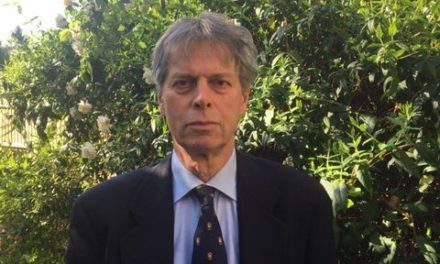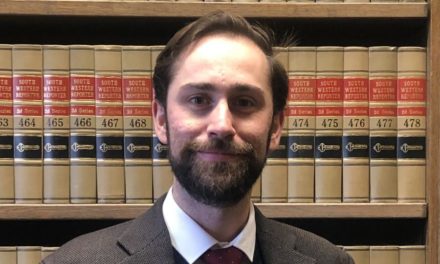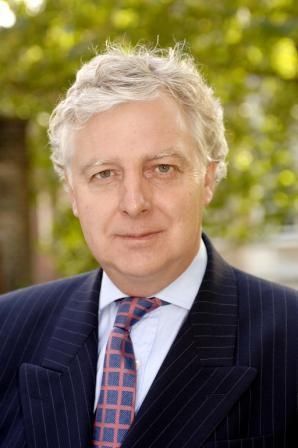
Master Mark Hatcher was Called to the Bar in 1978, after a short period in practice, he joined the Law Commission in 1980. He then worked at the House of Lords and was Assistant Secretary of the Law Reform. In 1988 he set up the public affairs consulting practice of Coopers & Lybrand before joining the Global Regulatory and Professional Affairs Board of PWC. He became the Bar Council’s Director of Representation and Policy in 2006 and was Ordained in 2012. He was Director of the Bar Council and until recently Special Advisor to the Chair of the Bar. He is Reader of Temple Church.
Ever since they were appointed to assist the Masters at the Temple Church, the Readers of the Temple (not to be confused with the Inn’s Readers) have attracted generally less interest than their more illustrious clerical colleagues, who rejoice in the title ‘Reverend and Valiant’ (unique in the Church of England).
Since the Reformation in the 16th Century there have been 31 Masters of the Temple (not including four ‘Ministers’ during the Interregnum) and 40 Readers of the Temple not including at least 14 ‘Lecturers’ or ‘Preachers’ and seven assistant Preachers. Having been a member of this supporting cast for the past five years and, as far as I am aware, the only member of the Middle (or Inner) Temple to have been elected a Bencher before being appointed as Reader of the Temple, I was curious to know more about the Readership.
The Readers have their origins in the pre-Reformation period. When the Knights Templar were suppressed in 1307, the Order of the Temple supported a Master as well as six chaplains and four clerks. After they had gained possession of the Temple, the Order of St John of Jerusalem paid £37 6s 8d to the Master (or Custos) as well as four priests and a clerk.
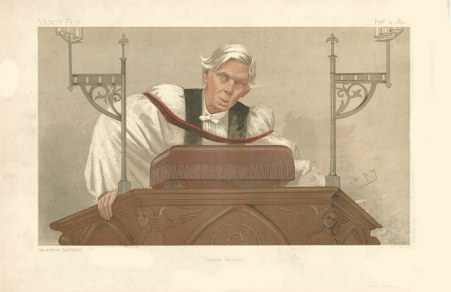
With the dissolution of the monasteries by Henry VIII in 1539, legislation provided that the Master and two chaplains should retain their accommodation and income. Two of the four priests prior to the dissolution, Walter Lymsey and John Wynter, continued. By 1560 one priest supported the Master, who was given sole authority to appoint the priest, a right which subsequently passed to the Middle and Inner Temple.
In the 16th Century life in the Inn continued much as it had in the previous century: collegiate discipline, predominantly celibate living, a common hall, chambers, moots, readings, lectures and compulsory attendance at church services. The pattern of worship varied to accommodate the liturgical changes brought about by the Reformation. The ornate services and gorgeous ritual under Henry VII and Mary Tudor disappeared under Elizabeth I giving way to daily prayers and Holy Communion four times a year. Divine service was held daily at 18:30 in term time. The issue of vestments became a contest about whether the Reader should wear a cloak or a gown.
During this period three Readers of the Temple stand out. Laurence Chadderton, appointed in 1579, may have represented the Puritans at the Hampton Court Conference which was convened in 1603 by James I to consider attempts at further Church reform. Chadderton was one of the translators of the Bible into English, the Authorised or King James Version, published in 1611. He lived to be over 100. It is said that in old age, preaching in his native Lancashire, he paused after two hours, telling his congregation,’ I will no longer trespass on your patience’. ‘For God’s sake, go on, go on’ they called in reply. So he went on much longer, ‘to their great satisfaction and delight’.
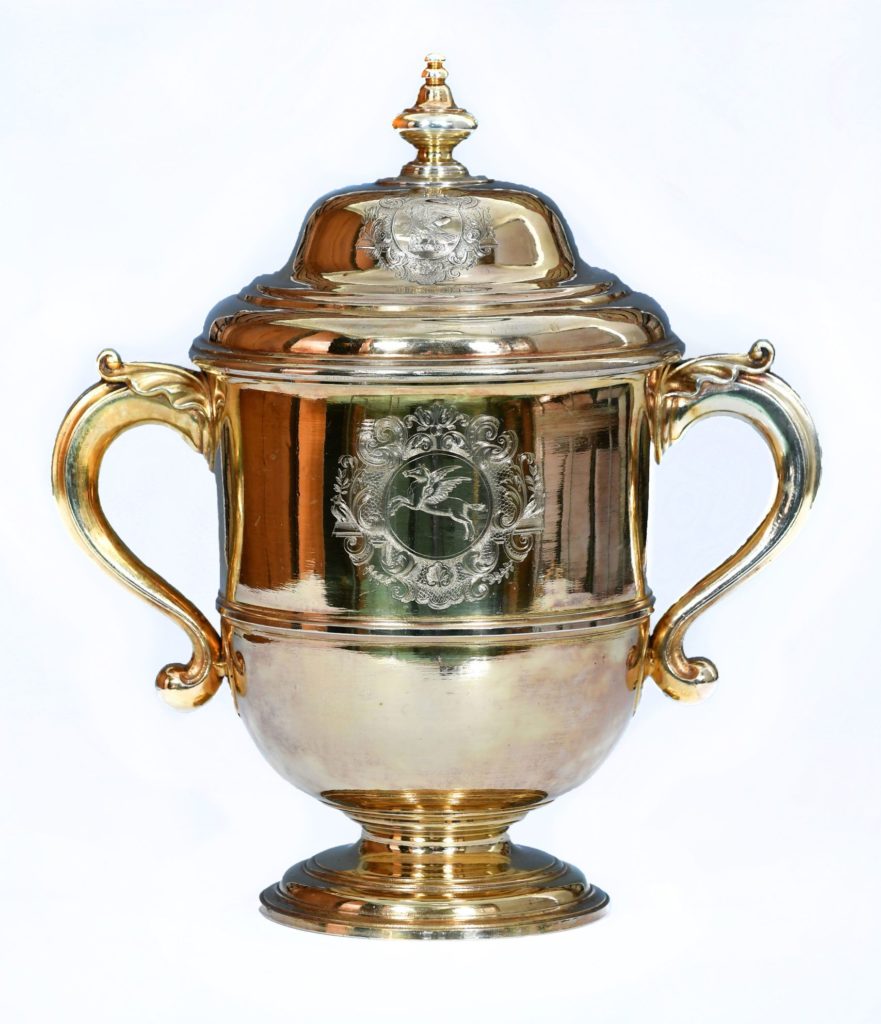
His successor, Walter Travers, was appointed in 1581. Travers had been ordained in Antwerp and was the preferred choice of the Master, Dr Richard Alvey, to succeed him but Archbishop Whitgift required Travers to be ‘re-ordained’, which Travers refused. Queen Elizabeth was persuaded that his strong Calvinist leanings made him unsuitable and Richard Hooker was appointed instead in 1585. Although Hooker and Travers were friendly (they were also cousins), they clashed in the pulpit. Travers was a natural orator who relished disputation. Izaak Walton recalled, ‘The forenoon sermon spake Canterbury, and the afternoon, Geneva’. Great crowds were attracted to the Church by these combatants. The ‘Battle of the Pulpits’ must have been spectator sport. Eventually Travers’s licence to preach was withdrawn and he went on to become Provost of Trinity College, Dublin. His enduring legacy however may have been to have persuaded Hooker to write the Laws of Ecclesiastical Polity, a critique of the Puritans and their attacks on the Church of England and particularly the Book of Common Prayer. The Laws is one of the foundational texts in Anglican theology.
In 1605, William Crashaw was appointed ‘Preacher’ by Inner Temple. He was an eloquent speaker and a staunch Protestant, one of whose publications was entitled ‘Romish Forgeries and Falsifications’. He was also a member of the Virginia Company, a joint-stock enterprise set up by King James to establish settlements on the east coast of America. In February 1610 Crashaw preached a rousing sermon before Lord Delaware and other members of the company prior to their setting sail for Virginia. It is thought that Crashaw gave a pair of what we know as the Molyneux Globes to the Benchers of Middle Temple. Said to be among the Inn’s most valuable material possessions, these fine terrestrial and celestial globes can be seen in the gallery of the Inn’s Library. Crashaw was married three times, his first wife being the mother of the poet, Richard Crashaw who, ironically in view of his upbringing, became a Roman Catholic.
Among the Readers of the 17th Century, Thomas Chafyn, a graduate of Exeter College, Oxford who had been appointed Reader in 1618, achieved the distinction of being arrested by the Serjeant-at-Arms of the House of Commons for having preached a sermon against Parliament in Salisbury Cathedral. He escaped being sent to the Tower by one vote.
Another member of Exeter College, who had been appointed Reader in 1643, was George Newton who took sides in the Civil War against King Charles I. It is said that he helped to make Taunton (where he was vicar), ‘the most factious place in all the nation’. Newton’s appointment as Reader had been procured by Hugh Crescie (an earlier Reader) who, before becoming a Roman Catholic, had joined the Royalist army.
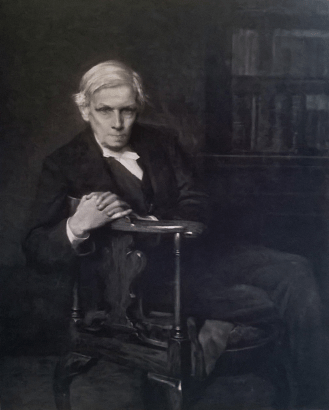
In the 18th Century the Readers were appointed by the two Inns alternately, beginning in 1703 and this practice has continued to the present day. Among them was Thomas Broughton, appointed by Middle Temple in 1727, at the age of 23. He became a favourite of the Master of the Temple, Thomas Sherlock (who held the Mastership for 46 years during which he was successively Bishop of Bangor, Salisbury and London). Broughton was a distinguished writer on poetry and apologetics, who knew Handel and may have encouraged him to play the organ at the Temple Church.
Temple Henry Croker distinguished himself as Reader in other ways. Appointed by Middle Temple in 1759 he was a translator of Italian poetry and edited a dictionary of arts and sciences. He was discharged from the Readership by the Benchers in 1763 for having absented himself beyond the seas without permission of the Bench. He became bankrupt in 1773 but later became Rector of St John’s Capisterre, on the island of St Kitts in the West Indies where he published four sermons under the title ‘Where am I? How came I here? What are my wants? What are my duties?’.
In 1820 the first barrister to become Reader of the Temple was appointed. William Rowlatt had been Called to the Bar by Inner Temple in 1804 and was subsequently ordained in 1814 before becoming Librarian. He introduced a Library Catalogue and other overdue improvements. Rowlatt was Reader for 31 years in the course of which we learn of his burying the Benchers and their wives in the vaults of both Inns under the Master’s garden. On Wednesday 5 September 1832, he buried in the churchyard a man found drowned at the Temple Stairs. The following year his funerals included those of a Middle Temple gardener and the Inn’s Chief Butler. On the grounds of his age and impecuniosity, together with his family of nine (which included several spinster daughters), Rowlatt was allowed to occupy the Master’s House for several years before he was obliged to vacate it in 1845 with the appointment of Canon Thomas Robinson as Master.
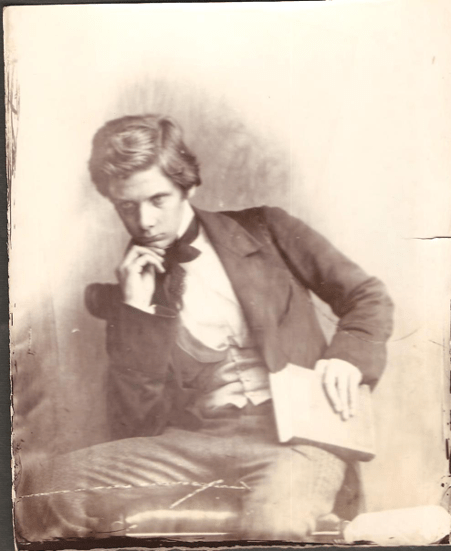
John Gilby Lonsdale was appointed Reader by Middle Temple in 1851 but within four years of his appointment he had been made a Canon of Lichfield. However, he persuaded the Benchers he should continue to serve at the Temple (as well as pursuing his translations of Virgil and Horace). He was allowed to appoint deputies of whom there were several until the appointment of the new Reader, Alfred Ainger.
Ainger had originally contemplated a career in the law. After graduating from Cambridge, he became ordained and after a Staffordshire curacy followed by a spell of school mastering he was appointed Reader of the Temple in 1866. Like three of his predecessors as Reader, Ainger went on to become Master of the Temple, in 1894 succeeding Dr Vaughan. His thick silver hair had long been known in the Temple, as well as his capacity to make friends. His sermons were said to be marked by beauty of language, and by a quiet, practical piety, which was impatient of excess. A man of widespread literary interests, he wrote a life of Charles Lamb and edited his works. In the words which accompanied the Spy cartoon in Vanity Fair in 1892 he was said to be ’a modest Reader in a place where the vice of modesty is not common’.
Since Canon Ainger became Master of the Temple in 1894 there have been eight further Readers of the Temple (including the author, the third to be a member of Exeter College, Oxford) for whom space does not permit consideration here. They have had the privilege to serve members of the Inner and Middle Temple in their different ways, following and building upon the rich traditions of the past for the future of these two learned Societies, and to the Glory of God.

